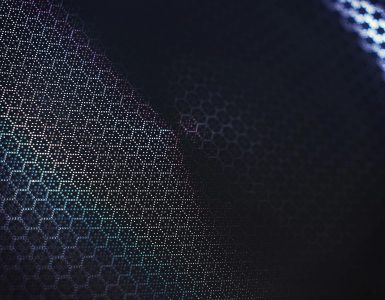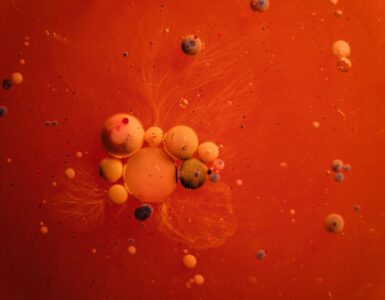Think about it like trying to replicate a symphony. You can have all the instruments and notes lined up, but without the conductor—our consciousness—something fundamental is missing. Plus, who would want to tread those ethically murky waters? Just imagine the implications if we got it right. Would we face moral dilemmas about consciousness and identity? Or would we unlock a treasure trove of understanding regarding neurodegenerative conditions?
And what about the replicative accuracy? Sure, we can model parts of the brain, but can we truly capture the magic that happens as we learn, feel, and create? Creating a working brain might sound like a noble quest, but it’s riddled with complexities that bring us back to that central question: should we, even if we can? The synthesis of intellect and empathy isn’t just hard science; it’s the fabric of our very humanity.
The Concept of Brain Emulation and Its Challenges
At its core, brain emulation is about replicating the human brain’s structure and function in a computer system. Picture trying to copy a masterpiece painting—the brush strokes, colors, and textures all need to be perfectly replicated. In the same way, scientists want to map out every neural connection and synapse in the brain. But can you really capture the essence of a person on a hard drive? That’s where the real challenges come into play.
First off, there’s the sheer complexity of the brain. With approximately 86 billion neurons and trillions of connections, it’s like trying to untangle a ball of yarn that’s been through a blender! To create an accurate emulation, we need to understand not just the individual neurons but how they communicate, store memories, and shape behaviors. Current technology isn’t quite there yet.
Then, there’s the philosophical dilemma: what happens to ‘you’ if your mind is uploaded? Are you still you, or just a copy? This evokes powerful questions about identity and consciousness. Plus, consider the ethical ramifications—what happens if this technology falls into the wrong hands?
Will Technology Ever Fully Replicate Human Consciousness?
Imagine consciousness as a beautifully complex tapestry. Each thread represents emotions, memories, instincts, and that little voice in your head that helps you make choices. Now, while technology can mimic specific parts of this tapestry, such as emotions through algorithms or simulating conversations with chatbots, can it ever weave together the intricate threads of human experience in their entirety?
Think about it: humans process information with feelings and nuances that go beyond ones and zeros. Have you ever noticed how your mood can change the way you interpret a text message? A simple “OK” can feel warm from a friend but cold from a colleague. Technology lacks that depth—sure, machines can recognize patterns and predict responses, but can they genuinely understand the emotional subtext of human interaction? It’s kind of like teaching a parrot to talk. Sure, it can mimic words, but can it grasp the meaning behind them?
And then there’s the astonishing realm of creativity. Our consciousness allows us to dream, create art, and think outside the box, all vital to the human experience. Can a machine ever create a masterpiece with the same passion and intention as an inspired artist? That’s a tough nut to crack!
























Add comment